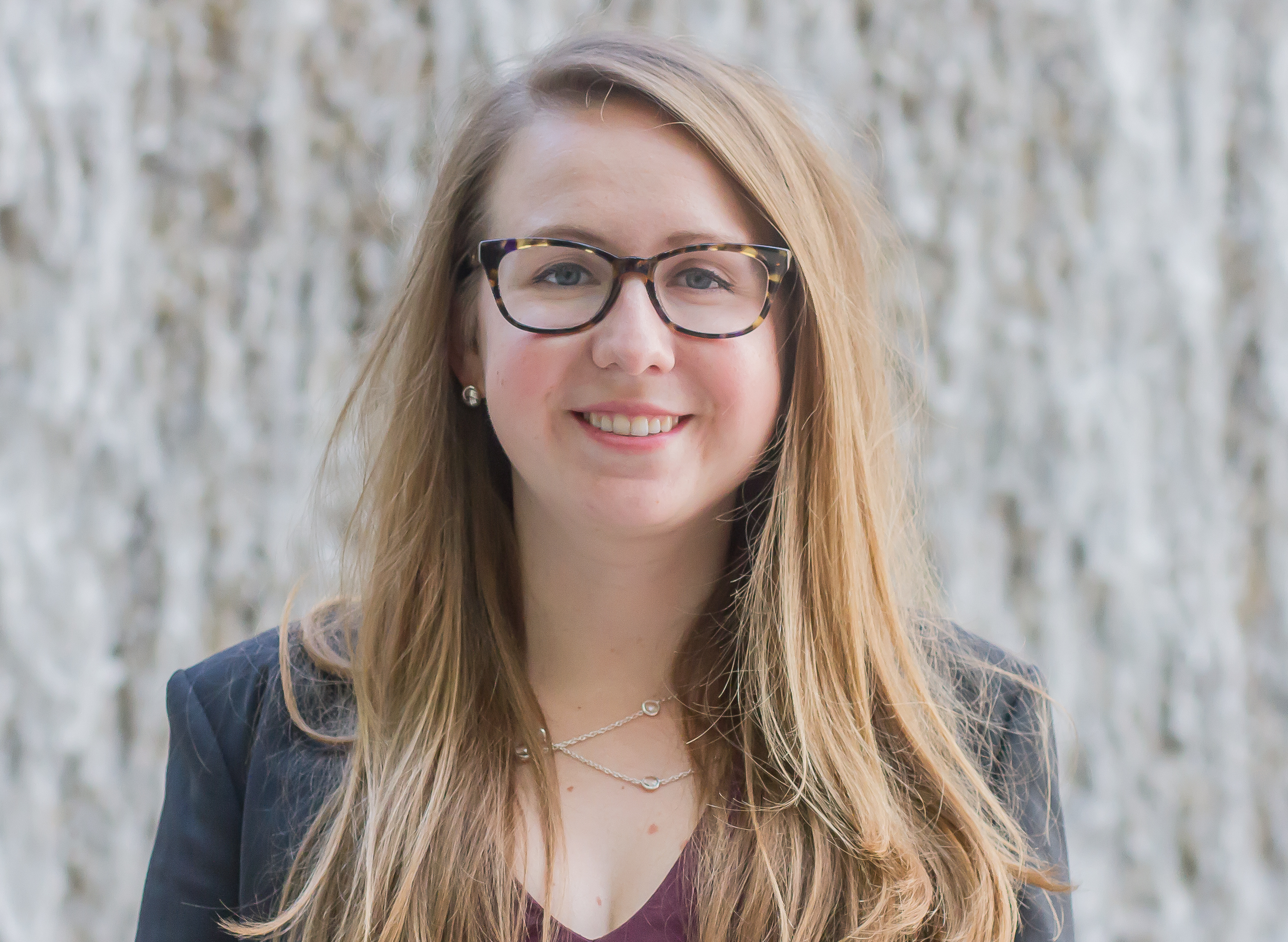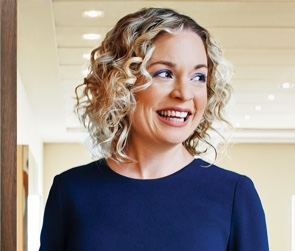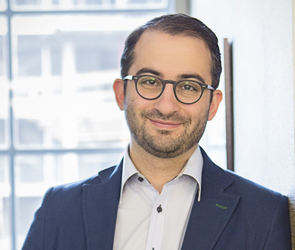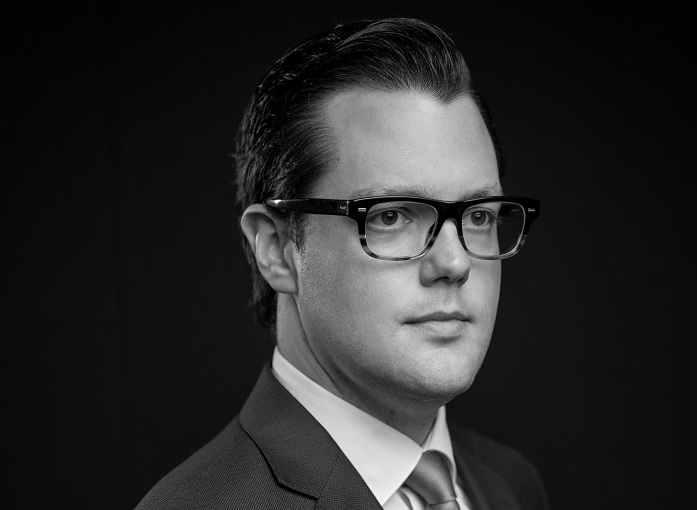
Criminal law attracts a certain type of lawyer: the adrenaline junkie. “You’re certainly not doing paperwork all day,” says Angela Chaisson, a defence lawyer in Toronto. “You’re dealing with real life, real people. And the stakes could not be higher for your clients.”
Her practice focuses on white-collar crime and murder cases. But she also takes on a few legal aid files each year. Here, she tells us what it’s like to work as a high-octane criminal lawyer.
How do you find clients?
“It’s definitely not through your typical lawyer-referral service,” chuckles the 32-year-old. Instead, she often lands new clients during jail visits. They usually spot her when she’s visiting an existing client in custody, and then ask her for legal help.
And, of course, some clients first contact her when they’re in crisis. “I might get a call at 2 a.m. from the side of the road,” she says, “or from a police officer who says someone in custody wants to talk to me.”
What happens once a client is arrested and charged with a criminal offence?
First, if they’re detained, Chaisson runs a bail hearing to get them released. Then, both Chaisson and the Crown spend a few months gathering evidence.
Near the end of this process, she has an off-the record discussion with the prosecutor. The goal here is to avoid trial, either through a guilty plea or by convincing the prosecutor to withdraw the charges. If neither outcome is possible, Chaisson moves into the pre-trial phase. “A year and a half later,” she says, “I finally get a trial.”
What happens at an actual trial?
“Trials are very chaotic,” says Chaisson. A witness for the prosecution, for instance, may take the stand and say something completely unexpected. If it’s damaging to her case, she’ll try to convince the court that the testimony is inadmissible. “Criminal lawyers have to be good on their feet.”
Tell us about an interesting case you’ve worked on
Chaisson once represented a man who was serving time for attempted murder. The entire incident was caught on video, so he had no choice but to plead guilty.
Her goal, then, was not to help him beat the charges. It was to mitigate his sentence. But when she first met him, he only answered questions with “yes” or “no. Over time, she developed a rapport with the man, encouraging him to talk about the violence that permeated his life — he had seen family members and friends shot before his eyes — and how he turned to drugs to numb the pain. In the end, Chaisson convinced the court to reduce his sentence.
“As a criminal lawyer, you get to know your client in a way that not many people will,” says Chaisson. “It was easy to paint him as the scary person on the videotape with a gun, but he had a horrendous life.”
Who would enjoy this type of work?
Most people in prison have mental-health problems or have struggled with poverty and racism. “The justice system is unfair,” says Chaisson. “If that motivates you and energizes you, then criminal law might be for you. If that horrifies you or wears you down, you might want to consider a different career.”




